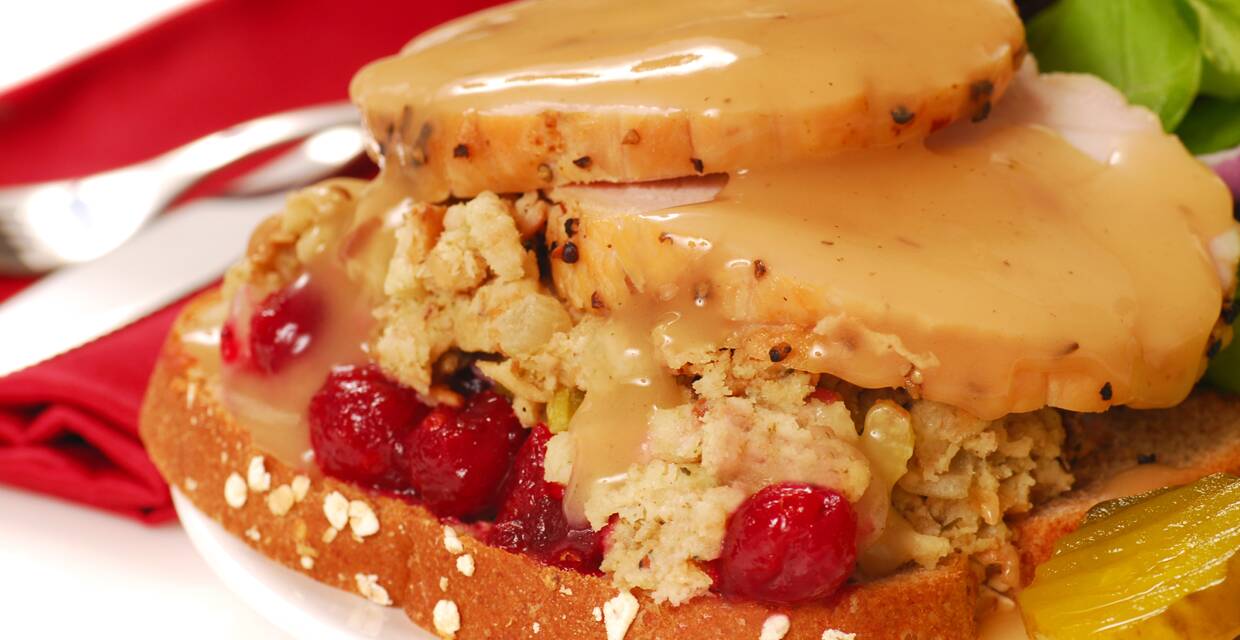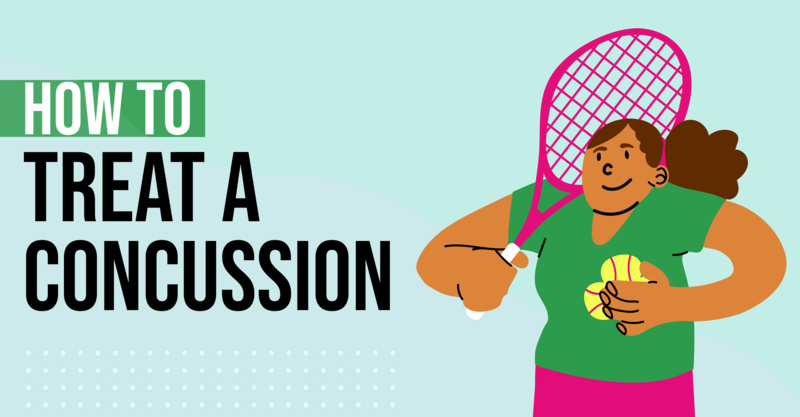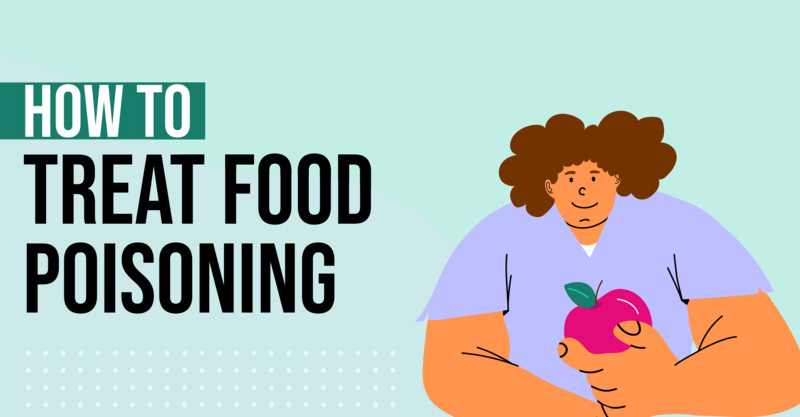Key Points
- The article provides tips on how to store leftovers safely during the holiday season, emphasizing the importance of proper storage for health reasons.
- Labeling containers with the type of food, the date it was made, and the expiration date of the ingredients is recommended. It's suggested to keep older containers at the front of the fridge and to regularly check the labels.
- The freezer can be utilized to prolong the freshness of leftovers. It's suggested to store individual meal portions and to defrost them a few hours before use.
- It's important to learn how long different types of food stay fresh. For instance, cooked poultry can last for months in the freezer, while fruits and vegetables stay fresh for up to a week.
- Leftovers should be stored immediately after meals and dry goods should be stored in a sealed bag or container in a cool, dry space. If there's any doubt about the freshness of leftovers, it's safer to throw them out.
One of the best parts of Thanksgiving and the rest of the holidays is all the delicious food you get to eat. But all of that food typically leads to a lot of leftovers which is great for grabbing snacks and meals during the busy season. It can also lead to the number one question of leftover food, is it still good? Here are some tips for keeping your leftovers safe.
Mark Your Containers
The
best way to know if food is past its expiration period is to keep track
of it. Label your leftover containers with the type of food that's in
it, the date you made the food, and the expiration date of the
ingredients in it, such as milk and eggs. Keep older containers towards
the front of the refrigerator so you'll be sure to eat them first. Check
the labels on a regular basis and note the dates you wrote down. If the
container is still there after the food is past its expiration date,
throw it out.
Use the Freezer
To keep leftovers around
longer, store them in your freezer. Make individual containers of food
for each meal you plan to serve with it. Store just enough for a few
days in the refrigerator, and the rest in the freezer. When you've used
up the containers in the refrigerator, move a few more from the freezer.
This will keep your leftovers fresh and safe longer. You can even take
out a container from the freezer on the day you plan to use it. Just let
it defrost for a few hours before heating it up.
Learn how Long Food Stays Fresh
Different food has different expiration times. Poultry, for example, can last for months if it's already cooked and stored in the freezer. Fruits and vegetables, on the other hand, will only stay fresh for up to a week. Learn the proper storage times for your leftovers so you'll know when they're past their prime and should be tossed. You can use these time frames when creating your storage container labels. Mark the expiration date based on the guidelines, and throw away anything past its expiration date.
Related: Accident Prone: Common Holiday Accidents [INFOGRAPHIC]
Don't Keep Leftovers Out
If your leftovers aren't being stored right away, they won't stay fresh for long. The best way to ensure your leftovers stay fresh is to store them immediately after your meal. When you're done eating, take the leftovers and place them in proper food storage containers. Update your labels if needed, then place them back in the refrigerator or freezer. If you notice a container of leftovers sitting on your kitchen counter for a long period of time, don't take chances. Throw it out.
Dry Goods
Dry goods must be stored properly as well. Be sure they are safely placed in a sealed bag or container, and then stored in a cool, dry space, to prevent them from becoming stale. Check the expiration date and toss if it's come and gone.
Related: Care Continuum: Where to Go When Your Sick or Injured [INFOGRAPHIC]
Storing leftovers properly is important for
your health. By following these tips, you'll ensure the safety of your
food. If you're not sure if your leftovers are good, throw them out.
Frequently asked questions
What is the best way to keep track of the freshness of my leftovers?
The best way to keep track of the freshness of your leftovers is to label your containers with the type of food, the date it was made, and the expiration date of the ingredients used. Regularly check these labels and throw out any food past its expiration date.How can I make my leftovers last longer?
To make your leftovers last longer, store them in your freezer. You can portion out individual meals and store enough for a few days in the refrigerator, with the rest in the freezer. As you use up the refrigerated portions, move more from the freezer to the fridge.Do different types of food have different expiration times?
Yes, different types of food have different expiration times. For example, cooked poultry can last for months in the freezer, while fruits and vegetables will only stay fresh for up to a week. It's important to learn the proper storage times for your leftovers.What should I do with my leftovers right after a meal?
After a meal, you should immediately store your leftovers in proper food storage containers. Update your labels if needed, then place them back in the refrigerator or freezer. If you notice a container of leftovers sitting out for a long period of time, it's best to throw it out.How should I store dry goods?
Dry goods should be stored in a sealed bag or container, and then placed in a cool, dry space to prevent them from becoming stale. Always check the expiration date and throw out any items that are past this date.What happens if I don't store my leftovers right away?
If you don't store your leftovers right away, they won't stay fresh for long. It's best to store them immediately after your meal to ensure they stay fresh.Why is it important to properly store leftovers?
Properly storing leftovers is important for your health. It ensures the safety of your food and prevents you from consuming spoiled food which could lead to foodborne illnesses.What should I do if I'm unsure whether my leftovers are still good?
If you're unsure whether your leftovers are still good, it's best to err on the side of caution and throw them out.










